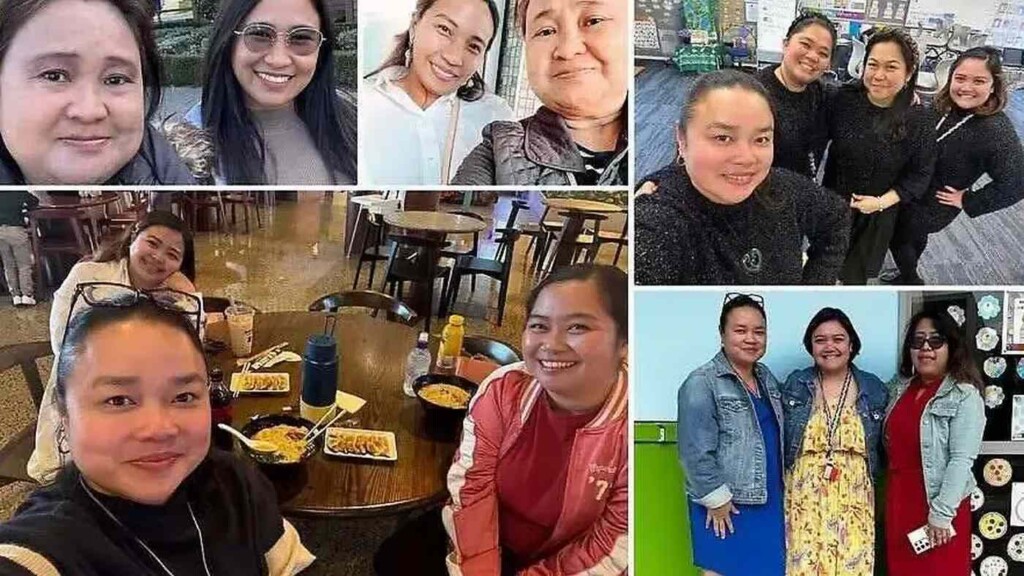
Collage from Vilma Leonidas and Penny Cajipe
New Zealand enjoys the company of 72,000 Filipino migrants, many of whom are women arriving to fill the nation’s teacher shortage.
This pipeline of talented educators seeking better lives to the south has led a pair of women to start a flourishing support group to help navigate the immigration system, get teaching qualifications recognized in NZ, and find employment.
“Is there any way to expedite my teaching registration aside from emailing the teaching council?” asks one prospective teacher.
“Is there anyone here who was assessed in NZQA and then was directed to WES for verification?” asks another.
It may sound like an overly specific niche, but the Pioneering Pinoy Teachers in NZ Facebook group has 23,000 members. The group was founded by Vilma Leonidas, a teacher working in Auckland for the past two years who told Good News Pilipinas that between mastering English, standing for the teaching evaluation, and getting the teaching certificate, many immigrant teachers throw in the towel.
Leonidas and another teacher, Penny Cajipe—who also runs a Facebook group, called Filipino Teachers in NZ Support Page, both said the process is challenging, and getting clear directions from someone who’s been through it in one’s native language is of enormous benefit.
In her home country, Leonidas holds a doctorate of philosophy, which she imagined might be enough to at least guarantee a simple teaching job, but even that wasn’t straightforward.
After struggling to find work during the pandemic, with NZ instituting some of the strictest lockdowns on Earth, Leonidas received a teacher’s certificate and was later granted a scholarship in a training program for educators. She teaches seventh grade as a substitute.
It was that long process which made her think she should share all she had learned going through it—if only because it could help others settle in a new country with fewer difficulties than she endured. For Cajipe, who endured a similar path, she felt the same.
“What if other teachers in the Philippines are also aspiring to fulfill that dream of teaching here, and they’re looking for a better future for their family? What if they’re also like me and they don’t know what to do?’ So that’s how that actually made me start the page,” Cajipe told Summer Sanares, reporting for Good News Pilipinas.“Whatever it is that you have, you share it,” Leonidas said. “Not everything is about money. When you need to help, help without asking or expecting any return because God sees our heart. And that’s the legacy that we have to leave behind, especially among teachers.”How Two Filipinos Helped Thousands of Migrant Teachers Settle in New Zealand
Categories: Education,
How-To,
Media
